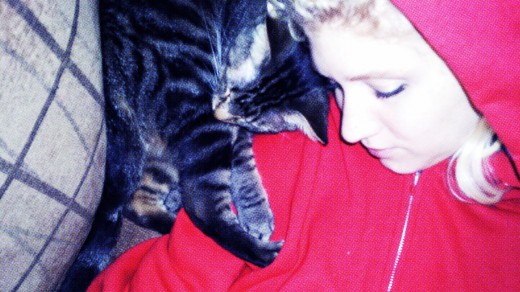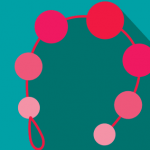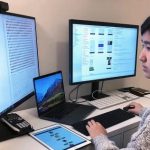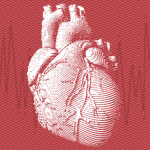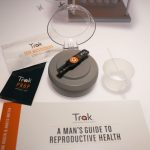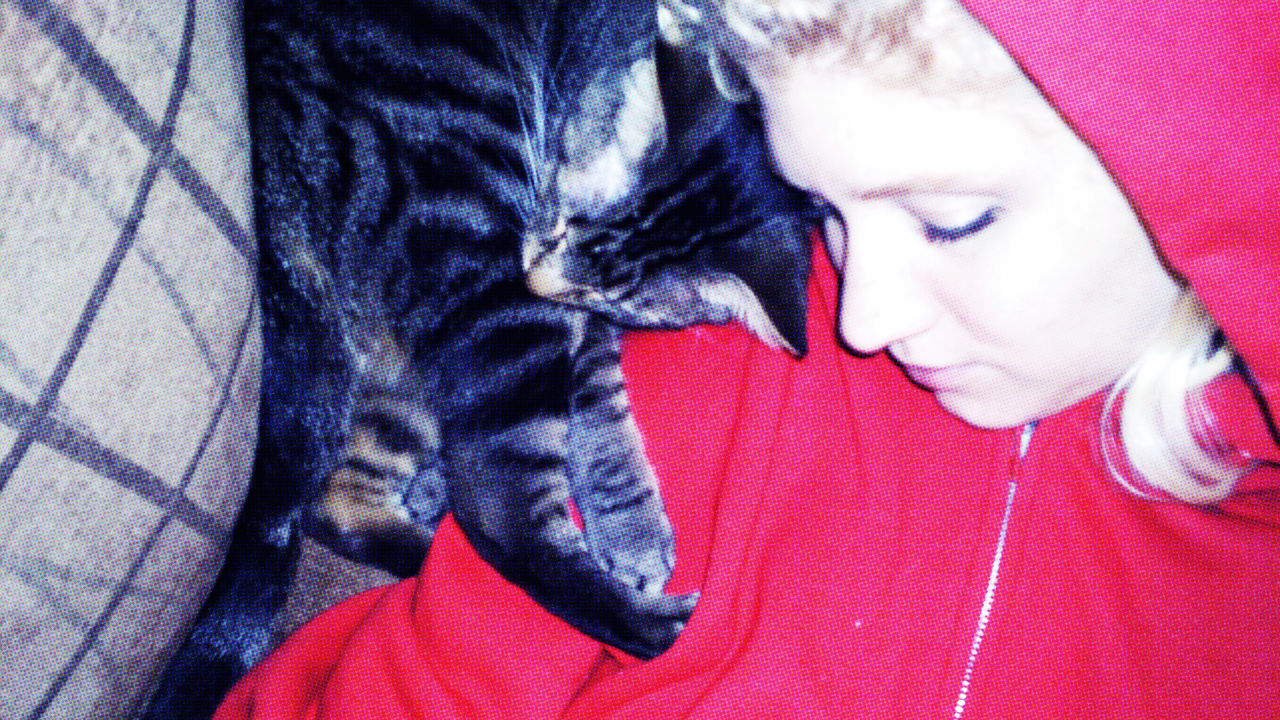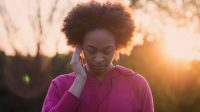Sleep Deprived? A Nap Can Undo The Damage To Your Health
A new study points to yet another benefit of stealing 30 minutes of shut-eye this afternoon.
Naps are incredible. For something so socially questionable—have you ever tried to snooze at the office?—the act of stealing 20 minutes of shut-eye during the day certainly packs a lot of benefits. Science says napping improves memory, mood, focus, and learning. Now there’s evidence that it’s good for your physical health as well.
As it turns out, if you’re sleep deprived, a good nap can undo the damage wrought by your crappy sleep hygiene. A recent study published in the Journal of Clinical Endocrinology & Metabolism found that adult males who slept for a mere two hours (yikes!) could improve immunity and other aspects of their physical health by indulging in a 30-minute nap.
Specifically, the study looked at the levels of an antiviral protein called interluekin-6, which plummets when people don’t get enough sleep. The men whose low-sleep night was followed by a nap saw their interluekin-6 levels shoot back to normal.
A nap also stabilized the levels of norepinephrine, a stress-related neurotransmitter that can increase blood pressure, heart rate, and blood sugar. When you’re sleep deprived, the brain is flooded with more norepinephrine. Apparently, it’s nothing a short nap can’t fix.
Sleep deprivation is a pretty significant problem for reasons much broader than your own afternoon grogginess. Almost one third of American workers get fewer than the minimum recommended seven hours of sleep each night. The Centers For Disease Control And Prevention calls our poor sleep habits a “public health epidemic” linked to car crashes, workplace accidents, and other on-the-job errors. According to the CDC, those with chronically insufficient sleep are “more likely to suffer from chronic diseases such as hypertension, diabetes, depression, and obesity, as well as from cancer, increased mortality, and reduced quality of life and productivity.” Damn.
As our work schedules balloon into the evening hours and we wind up staring into backlit screens in bed, things are presumably only getting worse. So what to do? For starters, you could more closely follow the sleep hygiene best practices recommended by experts. Or if that doesn’t seem to cut it, you could just curl up under your desk, close your eyes, and go to sleep. Right now.
Good night.
(104)

